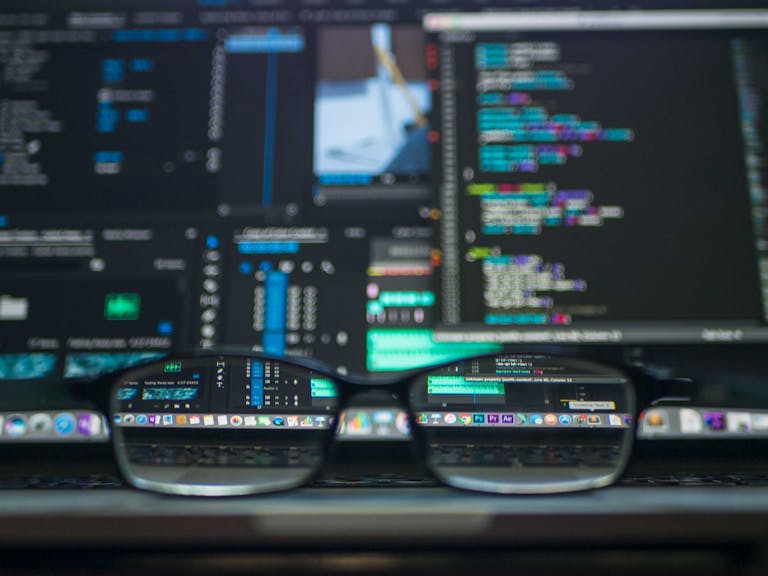Will Video Editors Be Replaced by AI? What Comes Next for the Industry
Introduction
Video editing has long been seen as a valuable creative skill, essential to content production across industries like film, advertising, marketing, social media, and online education. But in recent years, automation has begun to reshape the field. As AI tools continue to improve, the need for human editors is declining fast.
The Automation Risk in Video Editing
The automation risk for video editors is very high. Unlike some other creative industries like art or music, where audiences may value the human touch, video editing is rarely appreciated for the process behind it. Most consumers focus entirely on the final result and often don’t even notice the editing at all. This makes video editing far more vulnerable to being replaced by AI.
AI tools are beginning to handle much of the video editing process. Platforms like CapCut allow users to splice audio and video clips into prebuilt templates, and automatically add transitions, sync music, and generate captions. Opus Clip goes further by analyzing long-form videos, identifying the most engaging moments, trimming them into short clips, and adding subtitles and music for platforms like TikTok and YouTube Shorts.
The next step in automation is already happening. Instead of editing footage, AI is starting to generate entire videos from scratch. For content that doesn’t require real-world footage, this completely removes the need for traditional editing. Video generation models like Kling AI and Google Veo can create videos from scratch based on a simple text prompt. While the quality isn’t perfect yet, it is improving rapidly with each update. As these models develop, they will replace not only editors but also the entire production pipeline for many types of content.
How to Adapt if You’re a Video Editor
If you currently work in video editing, you should use AI tools as aggressively as possible to increase your output and reduce the time you spend on manual work.
But in the long term, it’s important to be realistic. There is not much of a future in video editing as a full-time profession. AI will eventually be capable of handling all aspects of the process, from input to export, with higher speed and lower cost than any human editor.
The best move is to start exploring other careers that are more resistant to automation. Whether that means shifting into a more hands-on industry or a job that depends on human presence, it’s better to plan now than wait until it’s too late.
Conclusion
Video editing is quickly being automated. AI is making traditional editing skills obsolete, and video generation models like Kling AI and Google Veo are removing the need for footage altogether.
If you’re a video editor, the best short-term plan is to use these tools to boost your productivity. But in the long term, it’s wise to start looking for a new career path. AI is not just changing the profession—it is replacing it.

